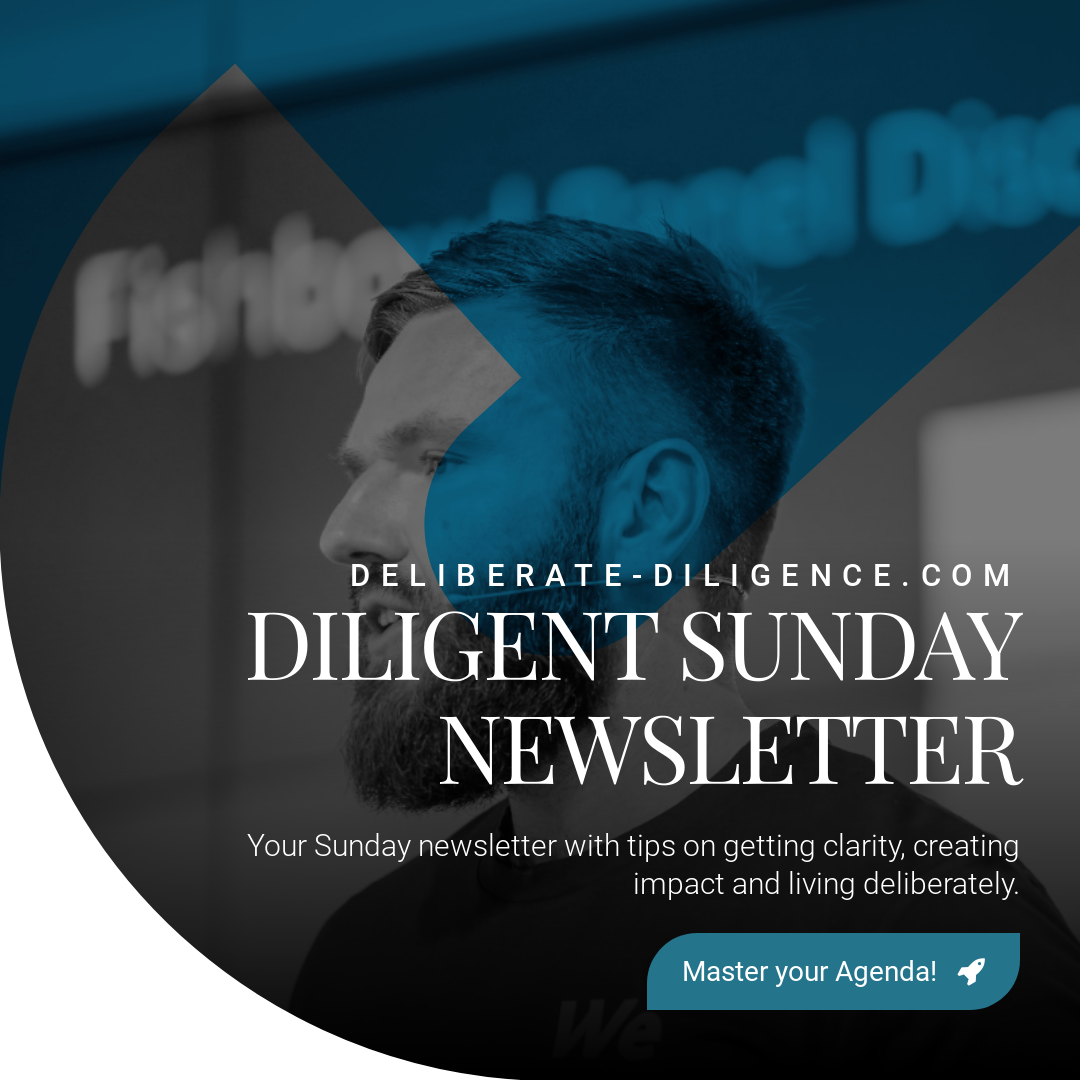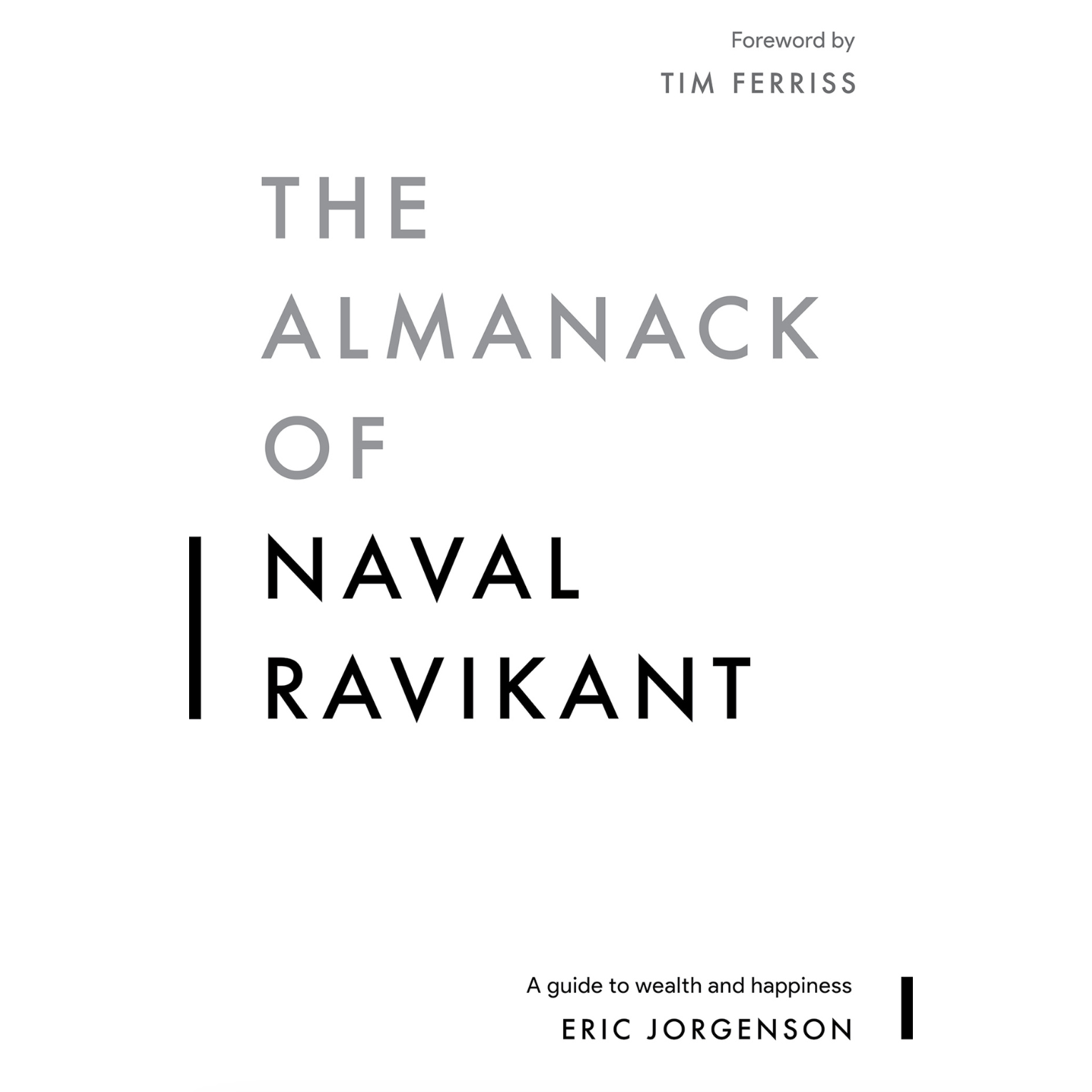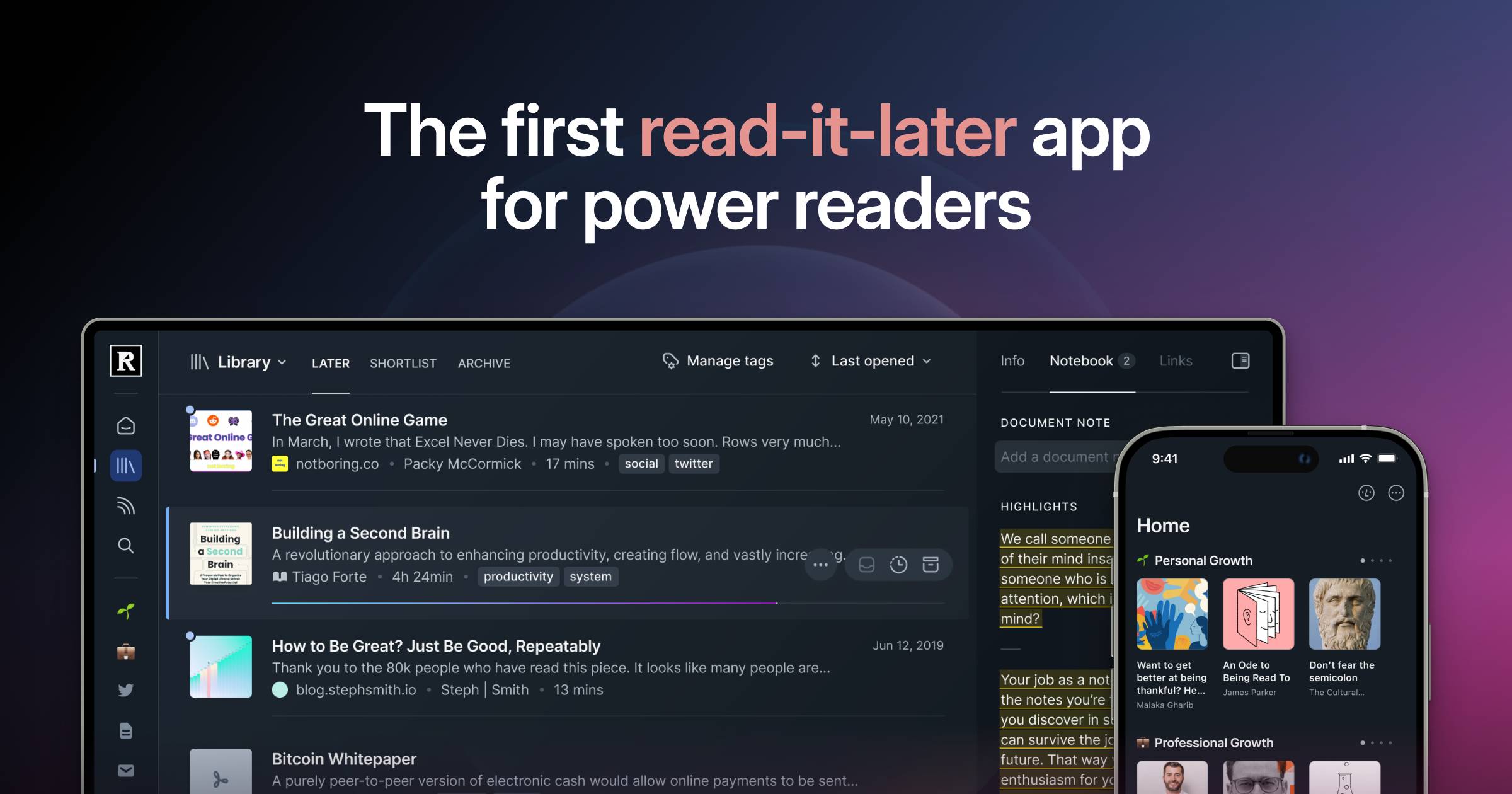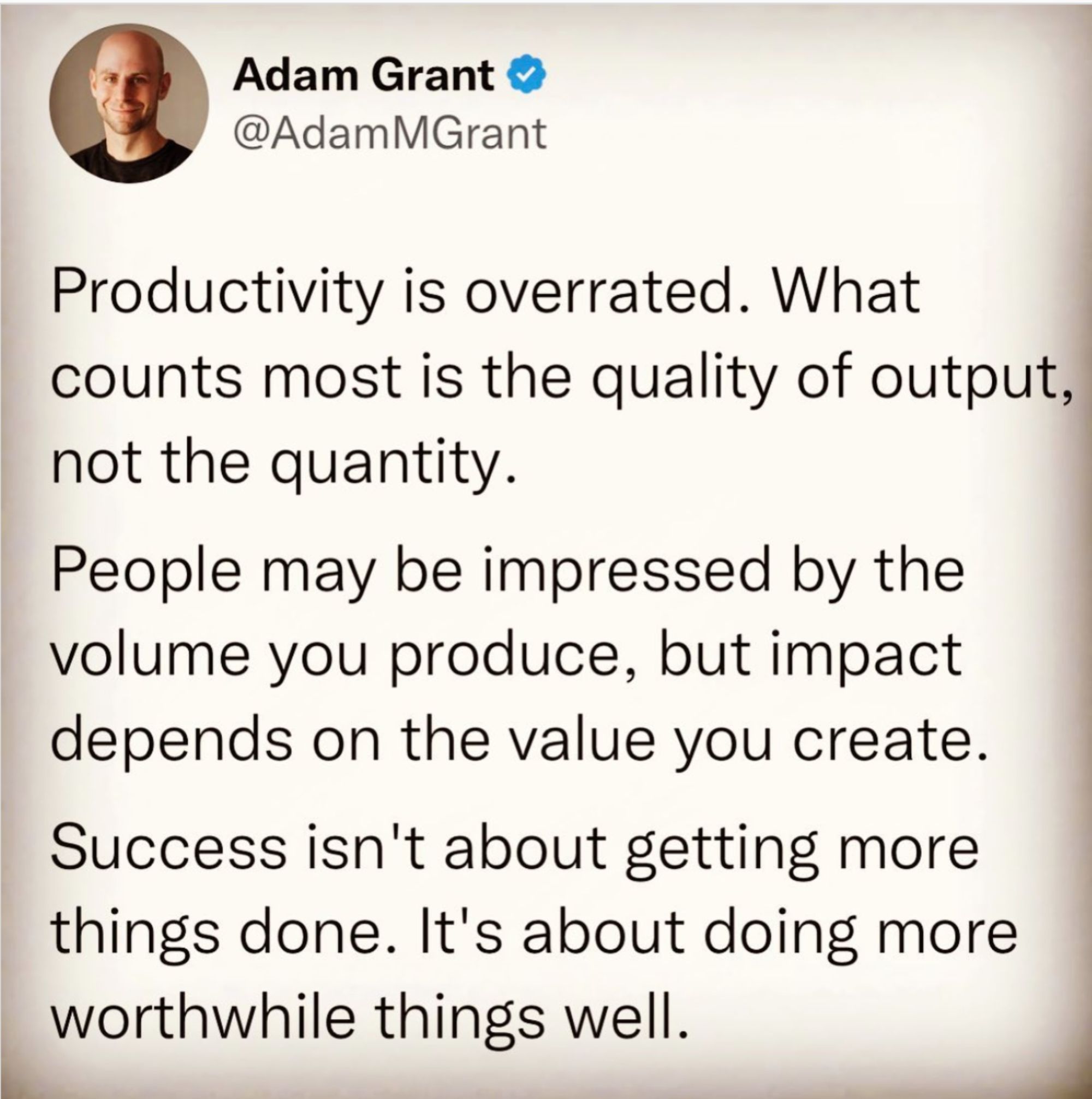Diligent Sunday Newsletter / Issue #3
This Diligent Sunday Issue discusses the impact of Entropy on dissatisfaction with routine tasks. I emphasize the importance of creating systems for achieving goals and acknowledge the emotional toll complex systems can take.

Dear Diligent Sunday Readers,
Another week has ended, and I've noticed that things have already returned to being somewhat routine at work and in my personal life. I can sense it at work in the busyness (= stress, much to do) and in my running route, where many new runners were observable around the New Year but have now disappeared and returned to their old ways.
I enjoy the daily routine, especially this time of year. The following holidays are still a long way off, and the relaxation effects of the Christmas season are still present. Additionally, it's dark and chilly outside, so you can work at your desk at home without feeling bad about it.
68 beautifully uniform days remain till Easter, which gives us plenty of time to work on our goals and selves in the spirit of the "Don't Break the Chain" philosophy. Take advantage of this and remember how quickly time passes. Easter and the second quarter will be here in no time.
What do you intend to accomplish by that point?
You'll find in this week's issue:
- An essay on the influence of Entropy on dissatisfaction with routine chores
- Summary of this week's blog articles & Social Media Posts
- A curated collection of other knowledge bites I came across this week.
Thank you for subscribing to my blog, and I wish you an exceptionally successful week!
-- Martin from Deliberate-Diligence.com
(1) The influence of Entropy on dissatisfaction with routine chores

I am a massive admirer of routines.
As you may have gathered from my Deliberate Diligence Mental Model and the related "How to" blog posts, I am a massive admirer of routines. When I want to achieve a specified goal, I concentrate on establishing a system that will bring me there rather than on the goal itself.
This is because the system is controllable and measurable without lag effects, whereas objectives typically lack these qualities.
I praise the benefits of this strategy in my blog posts. Still, there is also a big drawback: the more sophisticated your system, the more emotionally trapped you feel, like you're in a hamster wheel or a tight corset of "overhead tasks."
Allow me to illustrate this using my Productivity Setup briefly.
- My weekly plan template has 91 regular chores that I "must" complete week after week to implement all of my goal achievement systems.
- This involves, for instance, daily exercise, creating blog posts, managing my inbox, timeboxes for essential work projects, and weekly planning.
- These curated weekly 91 tasks are intended to assist me in attaining my objectives. But they also serve to the weight of priorities. For instance: How much time do I want to devote to strength training versus endurance training? Or, for Deliberate-Diligence.com, how much time do I wish to commit to creating blog posts versus community, coaching, and marketing?
My 91 chores provide me with serenity. I know that if I perform these routine chores that don't need much thought because I've completed them hundreds of times, I will make fundamental progress toward self-improvement and goal achievement.

But.
These are 91 time-consuming responsibilities. I have 112 hours to be active and complete things during the week after subtracting 8 hours of sleep.
- My system's 91 typical tasks consume 84 of those hours.
- This means that I have a maximum of 28 "free" hours per week, even though that "free" is deceptive due to the unavoidable presence of yet another basic noise of activities in corporate work (e.g. communication, travel and administration).
- I have only two hours each day of free, high-quality work time to devote to issues that are not part of my systemised goals and processes.
- Equals 14 hours per week. That is 12.5 per cent of my awake time.
That's the corset I was talking about: I feel like I am 87.5% a machine, doing the same thing week after week, and only 12.5% a human being, able to live my day as it comes to me spontaneously.

What can I do with this insight?
Every few months, I get the urge to abandon all routines and habits and live my life as I choose (Zero Day Approach). The major disadvantage is that it halts and reverses my personal development. In a nutshell:
- I temporarily abandoned my calorie monitoring and good eating awareness in October last year. "It's just wasting my time and being tiresome!" I thought. The outcome? I gained ten kilogrammes in three months.
- More often than not, I abandon my note and task management, work with a piece of paper, and resolve not to allow my intents and goals to drive me. The outcome? At the end of the week, I accomplished nothing, and I don't even remember what I spent my time doing. It was just pulverised between e-mails and meetings, resulting in significant discontent.
- If I don't spend 1 to 2 hours per day working for Deliberate-Diligence.com, I may easily enjoy considerably more relaxed days. The outcome? This way, making pocket money will never be a real opportunity.
- And so forth.

Consequently, what does this have to do with Entropy?
It enables us to observe these circumstances with considerably more calmness. To reconcile discontent with repetitive tasks, one must recognise that Entropy is an inherent component of life and systems.
Thermodynamics' entropy term refers to the disorder or randomness of a system. Entropy increases with time in a closed system, indicating that the system becomes more disordered. This concept applies to numerous fields, such as thermodynamics and information theory.
I feel Entropy also applies to self-improvement and the acceptance of maintenance efforts that humans must suffer. It is simply a part of life.
Entropy implies that the universe is in the process of dissolving. Still, living beings (such as us humans) are temporarily and locally responsible for combating Entropy and establishing order. Nevertheless, this order degrades if it is not maintained.
This principle may be transferred to our weekly efforts to improve: a portion of our efforts will always be dedicated to fighting Entropy. You cannot eliminate these fundamental activities. It is an absolute natural principle.
Therefore, when you spent last Sunday and this Sunday cleaning the flat, you might think, "Ah, it's entropy again." Similar to when you must constantly reflect, plan, and adjust to changing circumstances. Your work will never be complete. It is a never-ending battle against Entropy.
Recognising and accepting Entropy as an inevitable part of life is crucial to keeping up the effort required to progress.
(2) Summary of this week's blog articles & Social Media Posts

Book Summary: The Almanack of Naval Ravikant by Eric Jorgenson, Jack Butcher, and Tim Ferriss

This blog post summarises and discusses "The Almanack of Naval Ravikant". The book's key takeaways include the importance of permissionless leverage, thinking from first principles, owning equity in a business, specific knowledge, and being a contrarian thinker.
Eat the Frog: Understanding and Overcoming Procrastination

This in-depth article discusses the main reason for procrastination and strategies to overcome it. Learn how negative emotions associated with a task can lead to procrastination and how to break the cycle.
Update on Sugarless Victory: How Cutting Out Sugar Improved My Hunger Feeling

Here is a quick update on my sugar withdrawal experiment from last week's blog post. I am now regularly managing to eat only 20-30 grams of sugar daily (that I know of).
The cravings I used to have disappeared, and I have already lost the first 3kg of the 12 kilograms I wanted to lose this year. However, I have also realised that I have to be highly consistent. I immediately want more when I accidentally have a sugar spike.
My favourite three Tweets this week

I thought my former boss was lazy because he didn't show up for meetings and seemed to only work 4h a day.
— Martin Weitzel | Deliberate-Diligence.com (@DelDiligence) January 22, 2023
Still, he was very effective.
I now understand that he was purposeful in how he spent his time and focused on the most important tasks, even if this made him appear rude. pic.twitter.com/9eNieXO5pz
Want to change the way you think?
— Martin Weitzel | Deliberate-Diligence.com (@DelDiligence) January 21, 2023
Two reasons to never take offence:
1) Everyone strives to the best of their ability within the limits of their consciousness.
2) They're projecting how they feel about themselves onto you.
Forgive and concentrate on improving yourself. pic.twitter.com/wfUDCgRcLo
Surprise your future self!
— Martin Weitzel | Deliberate-Diligence.com (@DelDiligence) January 19, 2023
Make a change today by committing to saying no to unessential tasks and business travel.
Instead, prioritise and create focus time for essential tasks.
Not only will this improve your productivity, but it will also benefit your overall well-being. pic.twitter.com/J80SuORos8
A curated collection of other knowledge bites I came across this week.

Main finding: Readwise Reader
I'm a big fan of RSS readers, as they make it possible to get information and input very deliberately, quickly and effectively. So far, I have used Feedly for this, a common choice for those who came from Google Feeds at the time.
This Twitter Thread made me aware of some unique features of "Readwise Reader."

I'll write a blog article reviewing the app this week, but for those already interested, here are some cool features about it:
- It integrates book highlights (via Readwise Kindle Sync) and article highlights (via Readwise Reader)
- Text 2 Voice when you want to "read" your articles underway
- AI-Integration (Summarise, generate thought-Provoking Questions, etc.)
- Auto-Export to your note-taking tool (Obsidian, Roam, Evernote, etc.)
- You can even highlight youtube videos as it automatically loads the subtitles.
Also, the UI and keyboard shortcuts are very well thought out.
Other knowledge snippets:

- Using ChatGPT for provoking thoughts: #1: "What would I not think of - on this topic?" #2: "What are some uncommon or less well known answers to this same question." #3: "Give me something original around this topic that some people believe to be untrue."
- Quote: "The edge is in the inputs. The person who consumes from better sources, gets better thoughts. The person who asks better questions, gets better answers. The person who builds better habits, gets better results. It's not the outcomes. It's the inputs." (James Clear)
- Quote: "If you never question things, your life ends up being limited by other people's imaginations. Take the time to think and dream, to question and reconsider. It is better to be limited It is better to be limited by what you can dream for yourself than by where you fit in someone else's dream." (James Clear)
Conclusion
This concludes the Diligent Sunday newsletter for this week. I hope you enjoyed my essay on Entropy and wish you a thriving week!


Discussion